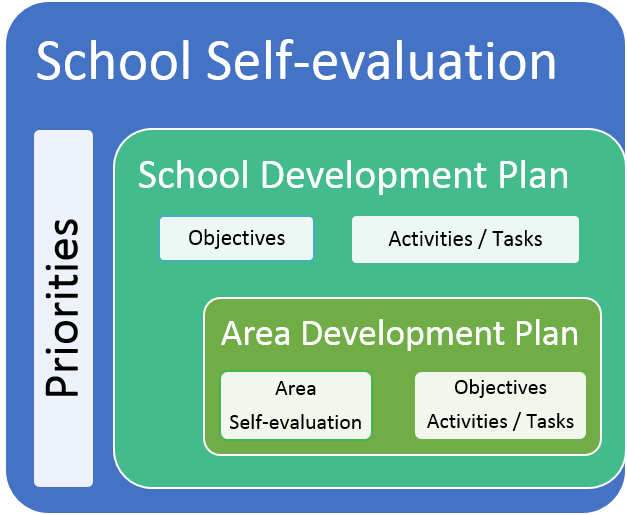The in-tray exercise and / or the parent or carer concern / complaint are two common tasks, often presented simultaneously – presumably measuring task management. Here are a few reflections.
In-tray
-
- Read the tasks, highlight or focus on the key points not the narrative / detail.
Set a timer.
- Note when the task / letter was sent, received and whether or not there is a deadline?
- Are you the most appropriate person to deal with it or should it be delegated?
Demonstrated that you have processed and prioritised the tasks, even your reasons why.
- Next, identify the key issues followed by what action is required and by whom. (I think I would have been wise to very briefly outline the reasons for my decisions too.)
- Tasks can be interrelated – this is to be expected.
- Also, tasks might fracture and you will need to outline the process for both forks.
- There is little point in me suggesting that you keep calm, but keep calm. Work through the tasks in order, that is why you prioritised them. There may be more to do than is realistic in the time provided.
- Make sure you attended to the urgent and important tasks first.
- Delegate the less important but urgent tasks.
- Plan the important but NOT urgent tasks.
- Do be distracted / defer the unimportant and non-urgent.
Parent concerns or parent complaints
Verbal concern or complaint – then listen, be impartial and non-adversarial.
- Confirm the date of the event / concern
- Confirm the date when the concern was received
- Clarify the nature of the issue and what remains unresolved
- Check you have the correct details (establish what has happened, has happened since, who has been involved and when it happened)
- Briefly outline the actions you intend to take to investigate
- Established time limits for responding (How long is required to gather the information? ) – now, later, tomorrow, this time next week?
- Confirm the best route to respond.
If a written concern or complaint, note receipt of the letter. Offer your appreciation for the feedback (at this point it is unsubstantiated). Reaffirm the schools values associated with the correspondence, now apply the bullet points above.
Does the issue place the student at risk? You know what to do if it does.
Investigation
- How long is required to gather the information? Who do you need to speak with? What are the potential consequences / advantages of “nipping it in the bud?”
- Inform who needs to know?
- Inform the member of staff who is the subject of the concern and any likely investigation.
- Keep all parties involved up to date.
- Keep a record of everything, all conversations and correspondence.
- Discuss your conclusions with a trusted colleague if required.
Response
- Contact / meet the parent or carer to share your findings.
- Discuss the available options – resolve, dismiss or address.
- Make a decision.
- Schedule a follow up in your diary two weeks later as a courtesy (this penultimate point is borrowed from Ben Bond. It really does make a difference.)
Follow up the meeting with a letter detailing the actions taken to all parties (including your staff).
Record that the issue is resolved, dismissed or addressed.
Share recommendations to minimise a repeat occurrence.
I also learnt today, that even if you are writing notes / actions – ensure that your SPAG is accurate (even notes).
[qr_code_display]


